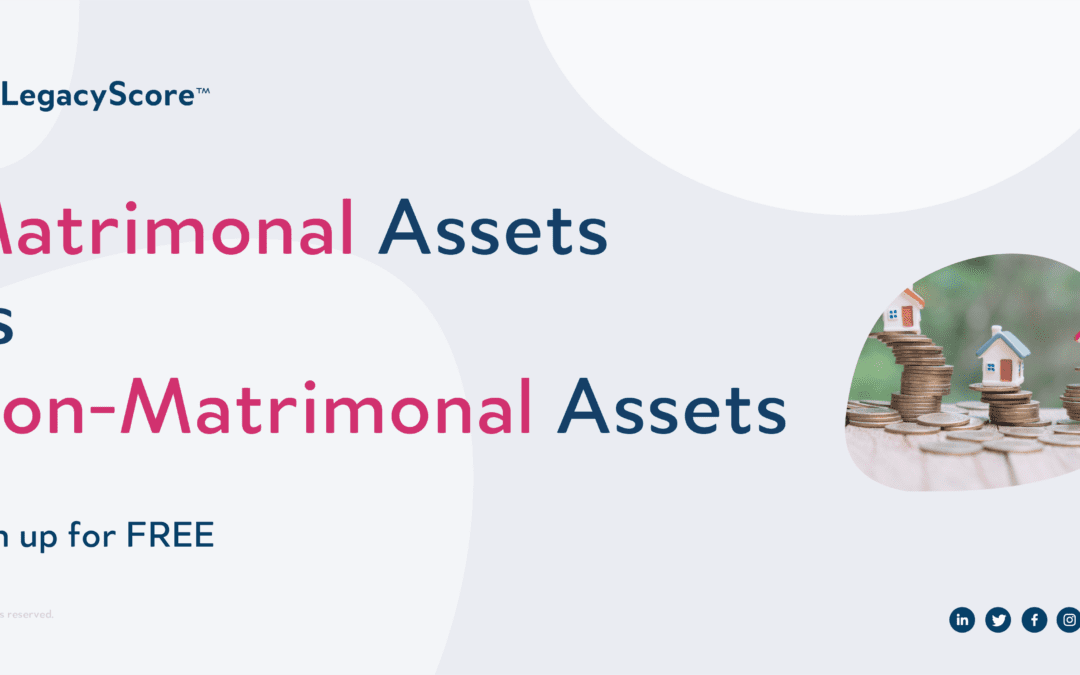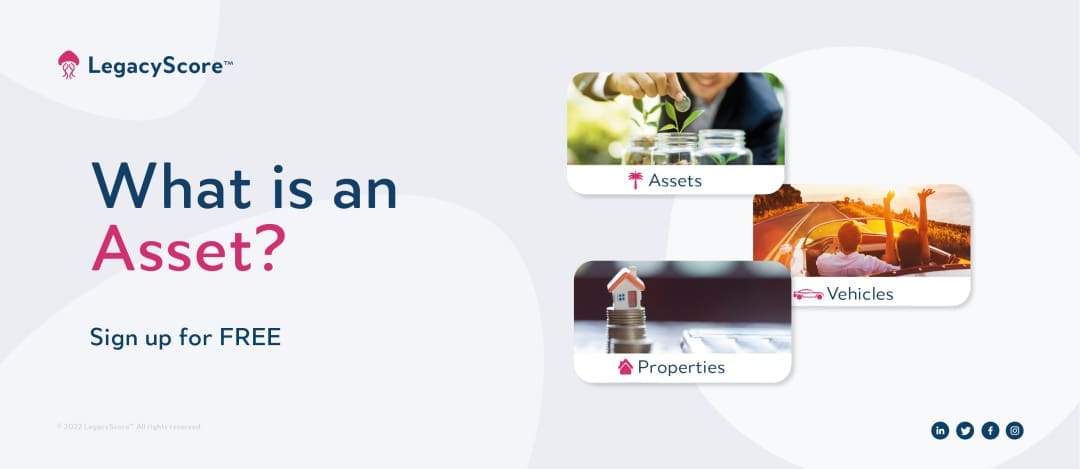Table of Contents
Main Points to Remember
Personal Assets
Business Assets
Current Assets
Fixed Assets
Main Points to Remember
- The definition of an asset is something that has economic value and/or future benefits.
- Machinery, financial securities, and patents are examples of assets that generate cash flows in the future.
- A person’s assets may include a house a car, investment, artwork, or home furnishings.
- In corporations, assets are listed on the balance sheet and compared to liabilities and equity.
Personal Assets
The personal assets of an individual or household are things of present or future value. Common examples of personal assets include:
- Checking, savings, and money market accounts, physical cash, Treasury bills, and certificates of deposit.
- Land with any property that is permanently attached to it and property in general.
- Pensions, mutual funds, bonds, annuities, investments at large, life insurance policies and stocks.
- Personal processions include but are not limited to, boats, jewellery, vehicles, antiques and collectables.
In essence, your net worth is derived by subtracting your liabilities from your assets, where assets are everything, you own, and liabilities are everything you owe. Your net worth is positive if your assets outweigh your liabilities; a negative net worth indicates that your liabilities outweigh your assets (i.e., you owe more than you have assets).
Business Assets
A company’s assets can include machines, property, raw materials, inventory, as well as intellectual property like patents, royalties, and other intellectual property rights that contribute to its production and growth.
An organization’s balance sheet shows its assets and how they are financed, whether it is through debt or equity. A typical balance sheet consists of two types of assets, which are used by the management to determine how efficiently the company uses its resources.
Current Assets
A current asset possesses the ability to be converted into cash within a fiscal year or operating cycle. Current assets facilitate investment and day-to-day operations.
For example:
- Inventory: Raw materials used to create goods or finished goods ready for sale.
- Marketable securities: Liquid equity or debt securities
- Cash: Cold hard cash, Treasury bills, certificates of deposit
Fixed Assets
An asset categorised as a fixed asset is one that has a long-term life cycle, i.e., an asset that has physical substance. Tangible fixed assets are listed as property, plant, and equipment (PP&E) on the balance sheet.
For example:
- Land
- Machinery
- Vehicles
A key difference between current assets and non-current assets is a non-current asset (like fixed assets) cannot be quickly converted into cash for short-term investments or operational expenses whereas current assets are expected to be liquidated within a fiscal cycle.
LegacyScore provides you with an all-in-one platform to keep track of your assets and evaluate them within minutes. Visualise your net worth like never before by signing up for free today. Make informed decisions about your financial situation and start planning for today, tomorrow and after.
Sign up for free today at legacyscore.com
Latest Blog Posts

What is Financial Wellbeing?
“A feeling of financial security can be described as positive financial wellbeing in individuals who have enough money to meet their needs and enjoy life as well.” – LegacyScore

Matrimonial Assets vs Non-Matrimonial Assets
Often, when a couple divorces, it is assumed that the assets of the marriage will be divided...

Happy Marriage, Happy Money
“Marriage is a partnership, and couples can’t win with money unless they budget as a team.” – Dave Ramsey

Plan It Now
Do you need to know what your borrowers will value while studying your profile for a #loan? Raise...


